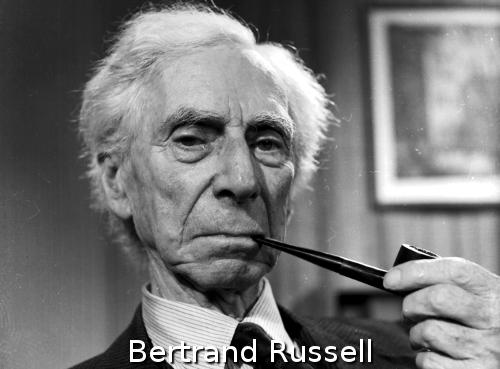Reading Philosophy
David Hills (Stanford) gives a pithy summary of our enterprise:
"Philosophy is the ungainly attempt to tackle questions that come naturally to children, using methods that come naturally to lawyers."
Reading philosophy is thus not like reading literature, history, science publications, psychology, news articles, manga, or (thankfully) youtube comments.
What is it like to read philosophy? Philosophical writing can be--though it need not be, nor should it be--infuriatingly dense, rife with special terminology, and confusing by dint of argumentative convolutions. Perhaps philosophers may be forgiven some of their excesses. After all, they are absorbed in the difficult process of exploring fundamental questions, questions which are frequently met with a puzzled, "why would anyone ask that?"
In any case, reading philosophy is a process of reading and re-reading, slowly, carefully, and thoughtfully, so as to gradually uncover the contours of the philosopher's arguments (or, where the terrain is indiscernible or ambiguous, to charitably extend them the best interpretation). Ultimately, the goal is a grasp sufficient to support critical analysis with an eye towards justified evaluation.
Skilled philosophers particularly demand sophisticated (read, "logically astute") reading. The arguments they are giving, that is to say, demand a great deal in terms of the reader's understanding of how logic underwrites philosophical inquiry. Being fluent in the language of logic and the nature of argument is thus a necessary first step to achieving this understanding.

More than anything, though, reading philosophy demands the reader interact with the writing by underlying, taking copious notes, asking questions, discussing with others, and periods of 'setting aside' to give the mind all too important breaks.
So above all, be patient. Don't expect every reading to go smoothly. Be prepared to feel intellectually woozy, disoriented, and, at times, abysmally lost. Good philosophy, important philosophy, philosophy, that is to say, that has proven the test of time, will reward your patience on every rereading with better understanding.
Thoughts on Philosophy
The unexamined life is not worth living. —Socrates
Happiness is something final and complete in itself, as being the aim and end of all practical activities whatever … Happiness then we define as the active exercise of the mind in conformity with perfect goodness or virtue. —Aristotle
Now laws are said to be just both from the end (when, namely, they are ordained to the common good), from their author (… when the law does not exceed the power of the lawgiver), and from their form (when, namely, burdens are laid on the subjects according to an equality of proportion). —Saint Thomas Aquinas
There is a great difference between mind and body, inasmuch as body is by nature always divisible, and the mind is entirely indivisible. —René Descartes
Love is pleasure accompanied by the idea of an external cause, and hatred pain accompanied by the idea of an external cause. —Spinoza
The effect is totally different from the cause, and consequently can never be discovered in it. —David Hume
The very notion of what is called Matter or corporeal substance involves a contradiction. —George Berkeley
The understanding does not derive its laws (a priori) from, but prescribes them to, nature. —Immanuel Kant
The only purpose for which power can be rightfully exercised over any member of a civilized community, against his will, is to prevent harm to others. —John Stuart Mill
There can be no difference anywhere that does not make a difference somewhere. —William James
Whereof one cannot speak thereof one must be silent. —Ludwig Wittgenstein
Fact is richer than diction. —J. L. Austin
Existence precedes essence. —Jean-Paul Sartre